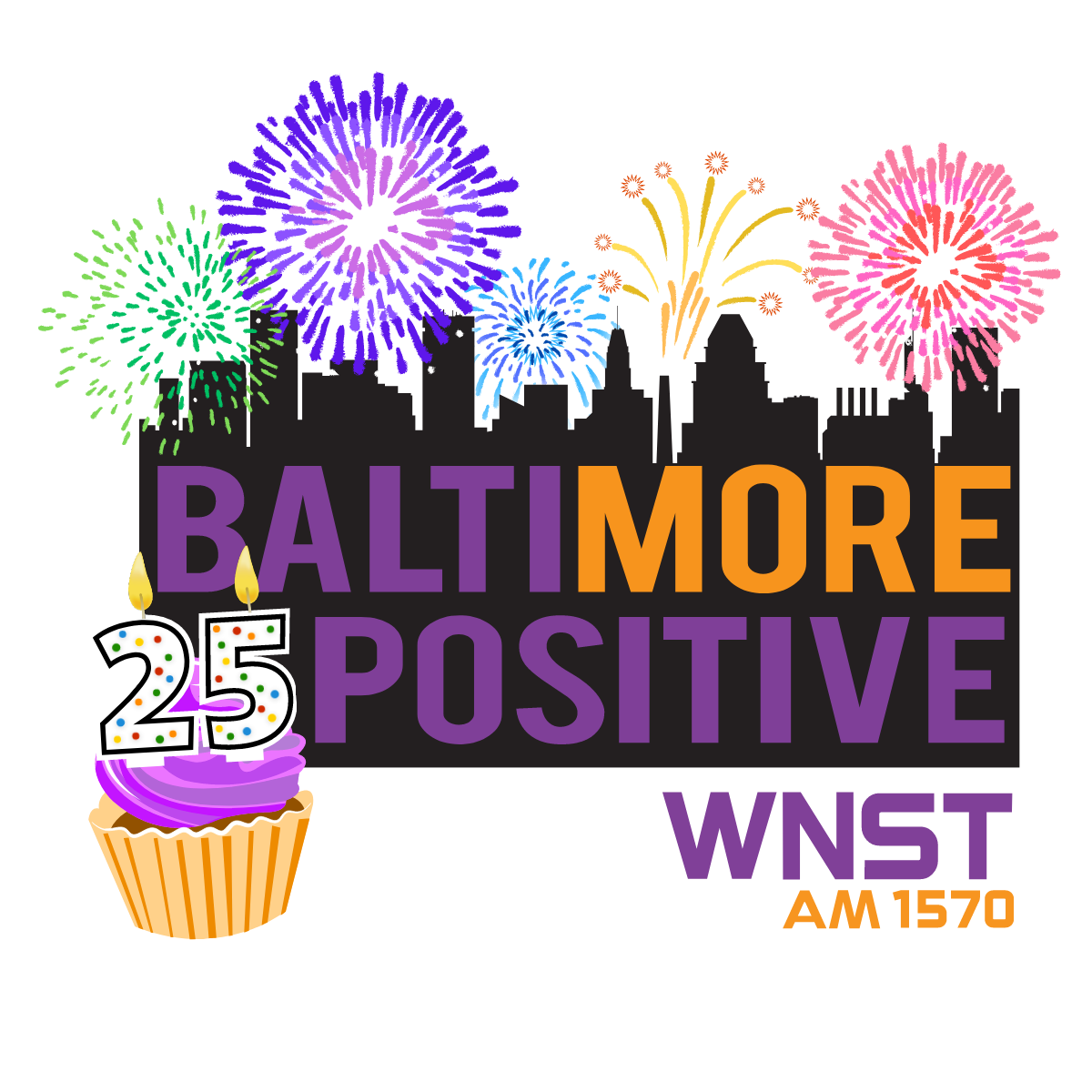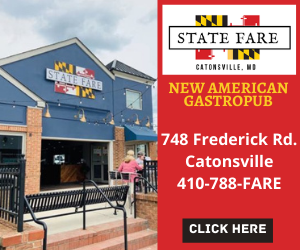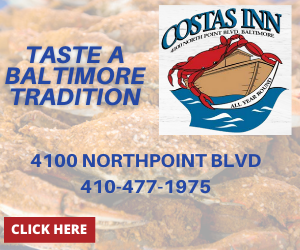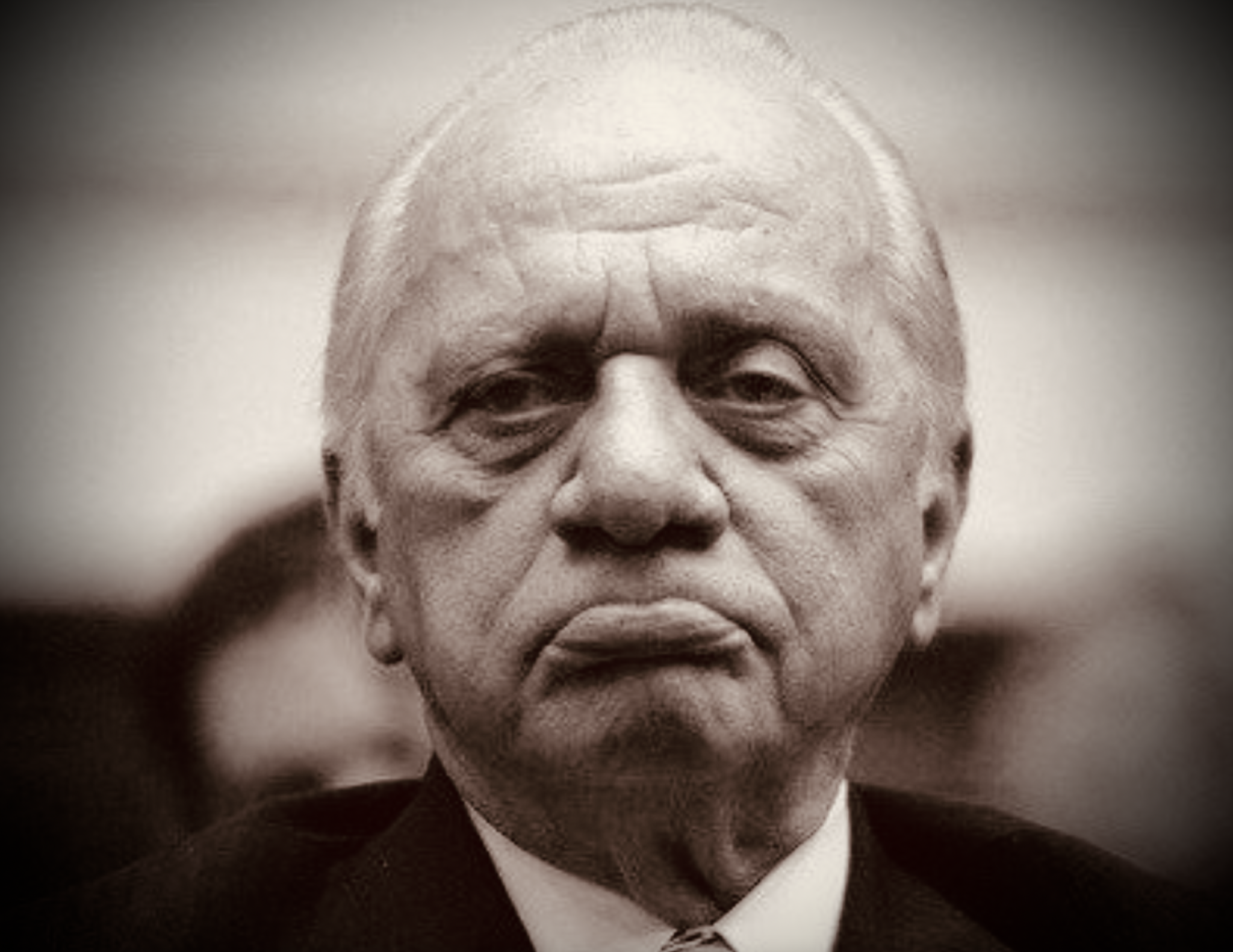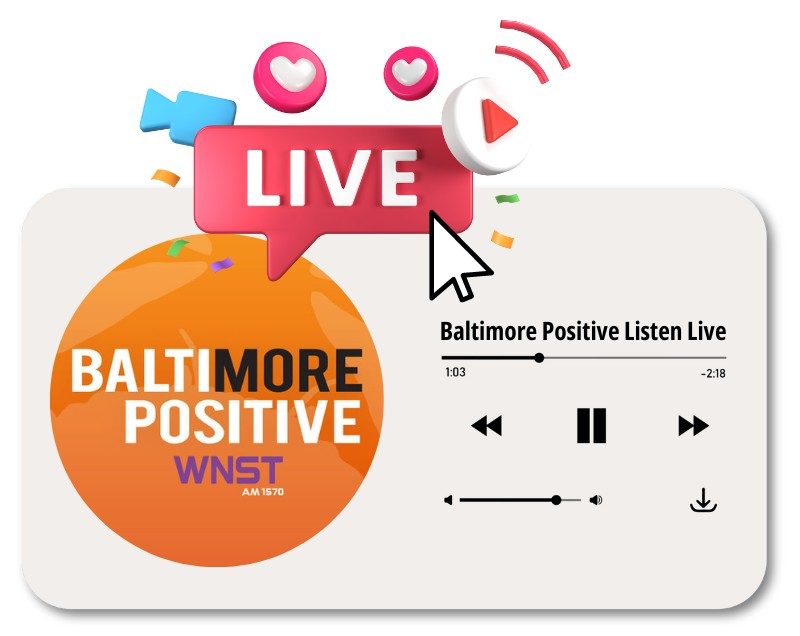But as expectations of the fans rise, it always winds up on the desk of the leader to get results on the field. Orioles manager John Oates was entering his fourth season as the skipper of the Birds and his seat was quickly warmed immensely by public scrutiny from the new boss.
Angelos’ first season wasn’t into its third month before his meddling and “general managing” of the Baltimore Orioles became public record. Angelos discussed team issues freely in the media on a seemingly weekly basis and had an opinion on everything. On June 18th, The Associated Press reported: “The Orioles are two games out of first place in the American League East. But Angelos has expressed displeasure with the team’s performance, and a newspaper article Friday quoted Angelos as saying Oates was “obstinate . . . not a very good manager.”
Oates lashed out at the media for depicting him as a nervous leader struggling to hang onto his post and impress Angelos. “I’m going to keep being the same manager that I’ve always been,” Oates said. “I’m not going to change my style of managing just because someone thinks I should. It was good enough to get me here. If it’s not good enough to keep me here, I’m not going to make any sacrifices. I’m no different than I was last year.”
But the ownership was clearly different.
Taking a page from the George Steinbrenner ownership manual, Angelos summoned Oates to his office in late July and demanded that the manager bench third baseman Chris Sabo in order to play the younger Leo Gomez, whom Hemond tried to deal in April but was told by the new owner he couldn’t be dealt. The day after Angelos confronted Oates about the change, Gomez hit a late, two-run homer to give the Orioles a 7-5 win over the hated Blue Jays and Angelos was vindicated for his “management” decision.
Angelos was right once again.
Afterward, Gomez expressed his appreciation for the owner’s involvement. “I like him,” Gomez said. “Not because of what he has done for me, but what he’s done for the team, bringing Raffy [Palmeiro] here and bringing Lee Smith here, spending a lot of money to make the team better.”
Gomez, who had been comically angling in the media about making the locker room more fun the previous week said, “Maybe my Uncle Angelos will buy us a ping pong table.” That was a first, a player speaking directly to the owner via the media after the game. Sabo, however, wasn’t thrilled. “I merely exist in a free society,” the veteran third baseman quipped.
Far from any early criticism as a meddler, Angelos instead garnered media and public adulation as a “hands on” owner. After Jacobs’ cheapskate ways, the new boss was embraced as a local owner who actually wanted to win. Angelos had many baseball opinions and wanted to keep good players and pay them top dollar. He talked openly about “saving the Orioles for Baltimore,” even though with a 30-year lease that was still wet with just two seasons of tread it was far from accurate. Much like a top-notch attorney would play the jury into his hands or a politician would angle for votes, Angelos worked his friends in the media for “positive press” at every turn.
In 1994, Peter G. Angelos had the local media wrapped around his finger, especially The Sun. He could do no wrong in his first taste of the public glare and his friends came running to the forefront to say nice things about him and feed his growing and already immense ego.
In May, The Sun wrote a glowing piece regarding his civic pride and efforts: “The reception he’s receiving is like a heroic Roman general returning to the homeland,” Baltimore law school professor and Angelos pal, Francis Valle, told the newspaper. The article stated: “A member of Baltimore’s City Council during the 1960s, the popular and personable Angelos has also been approached about running for governor. ‘He’s just brilliant, a diplomat in a business suit,’ said local advertising executive Hal Donofrio. ‘He’s usually thinking three steps ahead of anyone he’s talking with. He’s a strategist.’ But in Angelos, Baltimoreans trust!”
Even while staring at a pending labor dispute that would become legendary by the end of 1994, Angelos had his sights set on an even bigger prize than the Baltimore Orioles.
“He’s gotten very involved (in the football effort),” said Hal Donofrio, who was identified by The Sun as a close friend of Angelos. “He’s very willing to be a major investor, a minor investor or no investor. His goal is to get a team for Baltimore, owned and controlled by Marylanders. Whether that can be done overnight or whether it takes 10 years, I don’t know. He’s been working 18 hours a day since last February with his law firm and baseball, and he’s dead serious about bringing an NFL team here. A lot of his friends think he could make a contribution to the state as governor, but he might be able to make a bigger contribution in the private sector.”
“He’s the governor of Maryland without the title,” said Ron Shapiro, a Baltimore-based player agent who represented Cal Ripken, Kirby Puckett and several other MLB stars of the 1980s & 1990s, to The Los Angeles Times. “He has achieved legendary respect in our town.” The west coast newspaper then called him, “a feisty reformer who rebels against authority, alienates his peers and caters to the working class.”
For Angelos, the notion of the highest office in the state – the “King of Maryland,” if you will – would’ve sounded like a dream. He couldn’t get enough votes to be the mayor of Baltimore in the 1960s and was mostly an unsuccessful politician. Law and politics were all that ever mattered to Angelos before he saw the opportunity to become a powerful celebrity by owning the baseball team. At this point it was clear that he was intoxicated with the attention and praise heaped on him and he began to believe his “civic hero” status because it was in the newspaper frequently. He spent the first 63 years of his life battling, accumulating victories and piling up millions of dollars but the accolades, public praise and validation of being “rich and famous” had finally made its way to his doorstep. And his power was such that he could get the publisher of The Sun on the phone at a whim and plant any story in the newspaper at any time because he had cozy relationships with Michael Olesker and John Steadman.
Despite Angelos chasing an NFL team, telling the Orioles manager who to put in the lineup and becoming a media darling and still running his successful law firm in 1994, his biggest challenge quickly came in a part of the world he truly knew best: labor relations and unions. Angelos had always been a union man. This time, as the owner of a $173 million sports franchise, he was instead on the side with the fat cat MLB owners in the messiest work stoppage in the history of modern sports.
What happened on the field during the aborted 1994 season was deemed irrelevant once August 12 came and the games on the field came to a screeching halt as the Major League Baseball players walked off the job and wouldn’t come back until the spring of 1995 – washing out a World Series for the first time in the modern era. Despite Angelos’ best efforts to put a winning team on the field – Palmeiro’s first year with the club was a success and Cal Ripken was coming up on the longest Ironman streak in the history of the sport – the Orioles’ 63-49 record and second-place standing meant nothing with no more games to be played and fans picking sides and simply wanting the games on the field to continue.
Once the fall came and went without a conclusion, baseball fans were universally livid, but helpless. The labor issue was front, center, and ugly.
Continuing on all of the themes made clear in Lords of The Realm, the nasty power squabble was compounded by the complexity, politics, economics and lack of trust between the owners and the players. In many cases, the owners didn’t trust each other and had radically different agendas, revenue streams, stadium deals and expenditures. And, of course, on both sides of the fence many couldn’t agree on what issues to fix, adjust or fight for over the course of the protracted battle.
From 1985 until 1987, the MLB owners had illegally colluded to artificially suppress salaries and weaken the MLBPA. “The Union basically doesn’t trust the Ownership because collusion was a $280 million theft by Selig and Reinsdorf of that money from the players,” said ousted commission Fay Vincent at the outset of the work stoppage. “I mean, they rigged the signing of free agents. They got caught. They paid $280 million to the players. And I think that’s polluted labor relations in baseball ever since it happened. I think it’s the reason [MLBP head Donald] Fehr has no trust in [commissioner Bud] Selig.”
It’s unclear how much Peter Angelos knew about the history of baseball, its labor squabbles or the etiquette of the business of Major League Baseball when he bought the team in that steamy Manhattan courtroom. Many of his closest associates at the time would say he was intoxicated with the power and the fantasy of being the owner of the Baltimore Orioles. And at the time, when every round in the 1993 auction was driving the price up in million dollar increments, it never seemed as though profit was a significant driving force in his game plan.
“None of the owners I know went into this with the primary goal of making money,” said David H. Bernstein, chairman of the board of Duty-Free International, who was one of the original 20 investors in Team Angelos in the summer of 1993.
Seminal sportswriter John Steadman wrote in The Sun: “Angelos is new to baseball. It’s a game he rarely followed as a child or adult. His interest in buying the Orioles was admirable. He was signifying a love for his adopted hometown of Baltimore. That was his motivation and reason to give him the kind of early reception befitting a hero. But under no circumstances is he to be considered an expert, the last word on player trades or how the manager manages.”
